Did you know your kitten's behavior can be a window into their well-being? It's true - pets experience stress at some stage, and young kittens are particularly sensitive.
Just like you, they feel stress, but unlike you, they can't tell you about it. It's up to you to spot the signs. You might think your kitten is just being quirky, but these behaviors could be their way of saying they're not feeling okay.
Recognizing these signs early can lead to quicker interventions, promoting better long-term health. So, let's walk through what to watch out for, helping you keep your kitten not just cute but content and healthy too.
5 Signs of Stress in Kittens
As a kitten owner, being attentive to your pet's behavior is essential. Kittens have unique ways of showing how they feel, and it's important to understand these subtle cues. Here are the five signs of stress you need to keep an eye out for:
1. Changes in Appetite
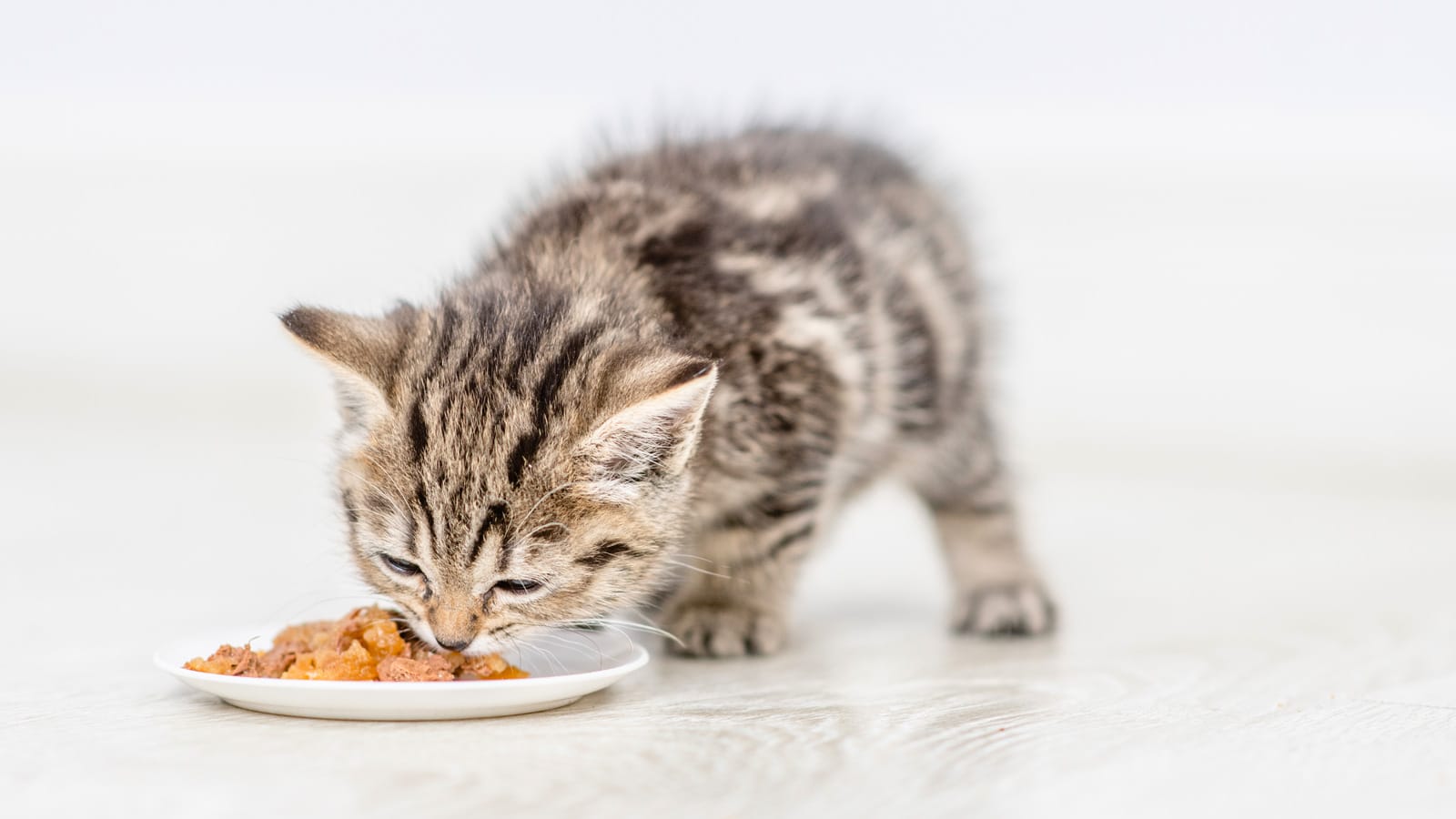
When your kitten is under stress, its eating habits might change dramatically. It's not unusual for a stressed kitten to turn up its nose at food it usually loves.
Think about it like when you're stressed and either can't eat or find yourself raiding the fridge. It's the same for your little feline friend. On the flip side, some kittens eat more when they're stressed, using food as a comfort.
This isn't just about being picky; a sudden lack of interest in food can lead to health issues, especially in young kittens that need a lot of energy to grow.
If you notice your kitten eating less or more than usual, it's a clear sign they might be dealing with something stressful.
2. Hiding or Withdrawal
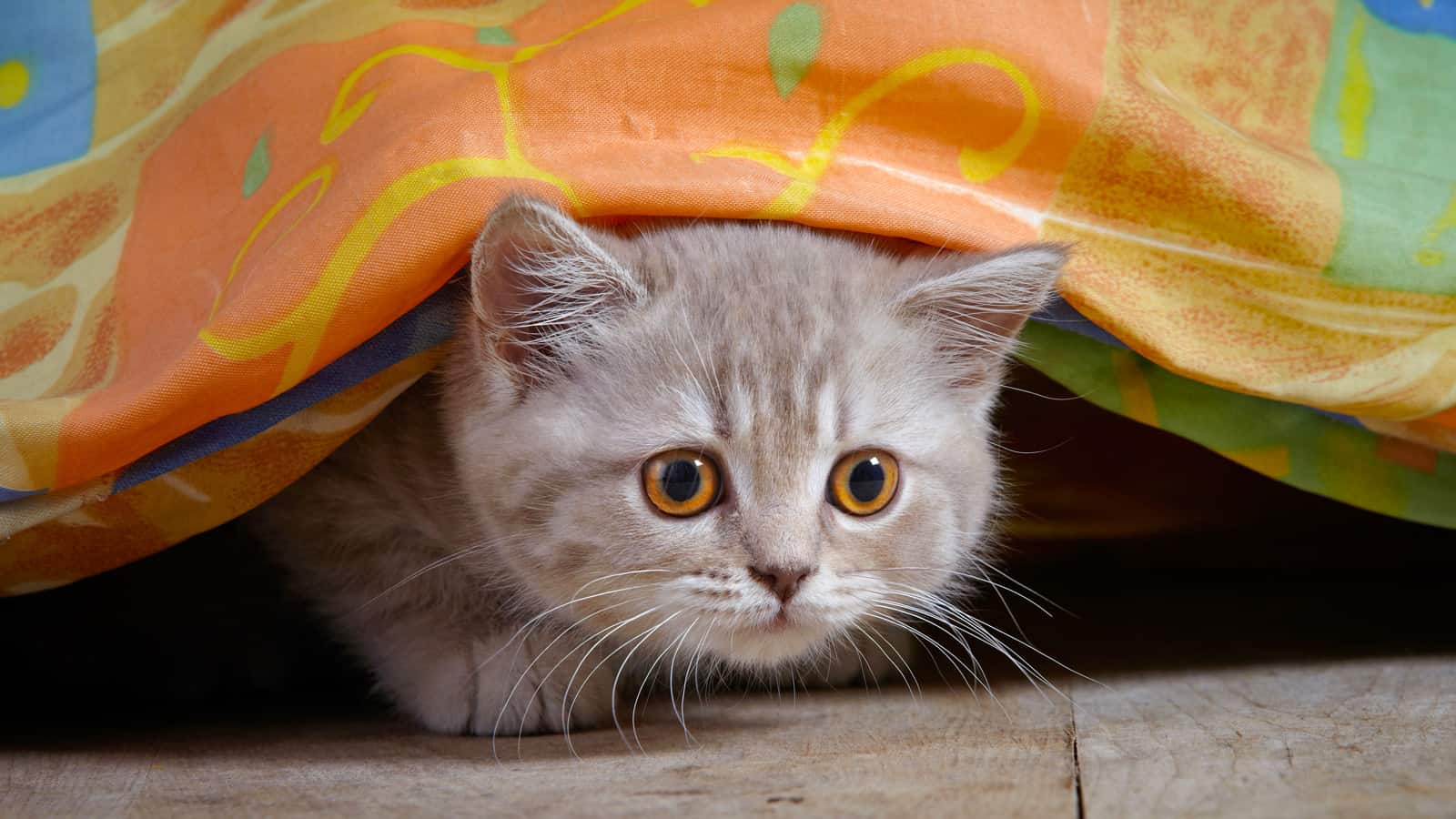
Kittens are explorers by nature; their world revolves around play and curiosity. When they start spending more time under the bed than out chasing their toys, it's a red flag.
Stress can make them feel vulnerable, and hiding is their way of coping with that vulnerability. It's similar to how you might want to curl up in bed when you're feeling overwhelmed.
This behavior might seem cute at first like they're playing a game of hide-and-seek, but it's actually a sign of discomfort.
Remember, a normally playful and outgoing kitten turning into a recluse isn't just being moody; it's a cry for help. Your job is to figure out what's causing this change and help your kitten feel safe again.
Gain more valuable insights about this matter with 'Do Cats Hide When They Are In Pain?'- a must-read for informed pet care.
3. Aggressive or Fearful Behavior in Kittens
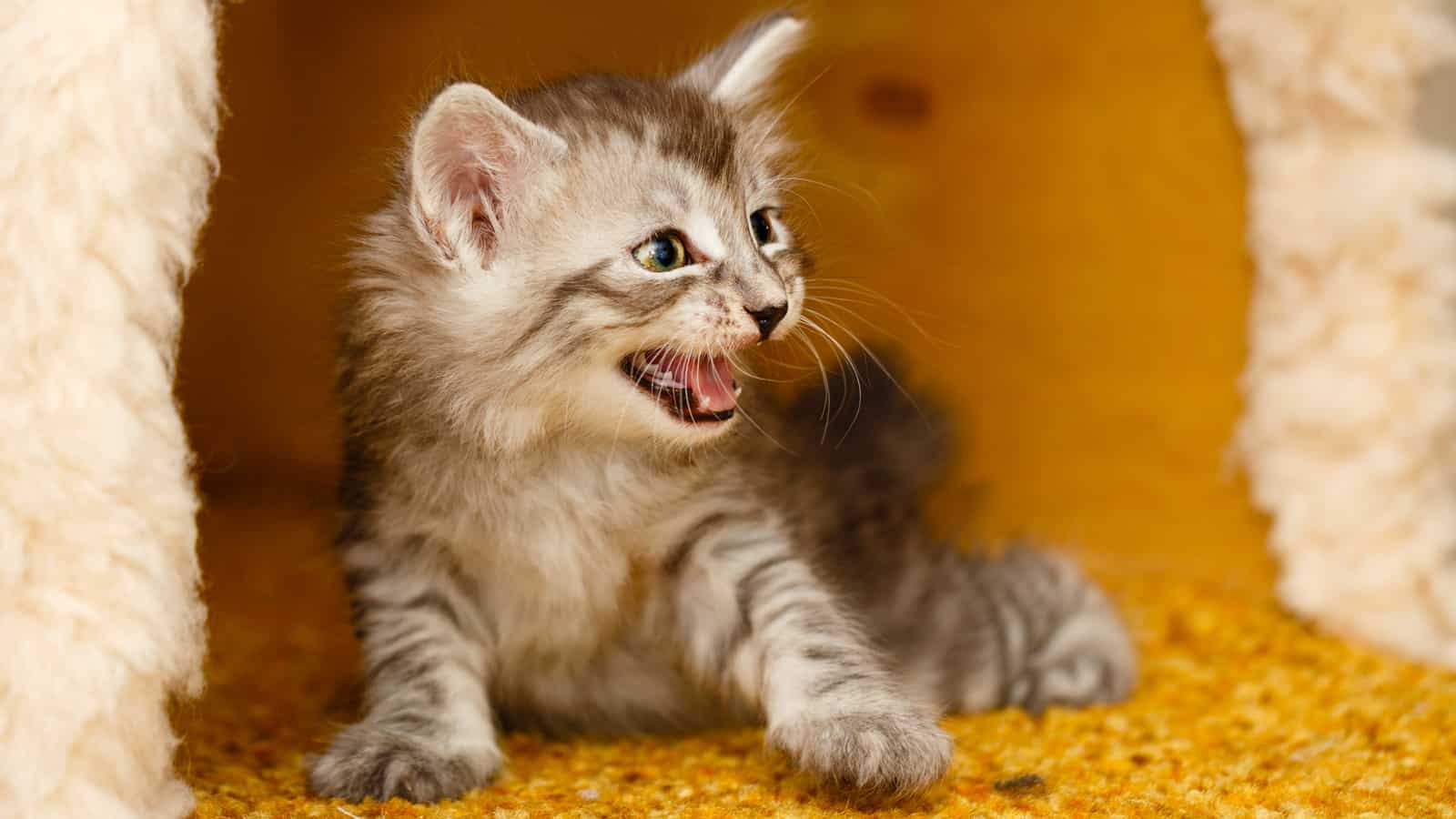
When your kitten displays aggression or fear, it's often a response to stress. These behaviors are not about being naughty but about feeling unsafe or overwhelmed.
Kittens, especially, show aggression mostly due to fear or curiosity. This can manifest in various ways, like hissing, swatting, or even biting when they feel threatened.
It's crucial to understand that fear aggression in kittens can arise from exposure to unfamiliar stimuli, new environments, or new experiences.
For example, the arrival of a new person or pet, or even moving to a new home, can trigger these reactions. The aggression isn't about anger or spite but more about stress, fear, and anxiety.
If you notice your kitten reacting violently to new stimuli, such as new people, animals, or loud noises, this is a classic sign of fear aggression. The key is to observe and understand these cues; providing a safe, quiet space can work wonders in calming them down.
4. Excessive Grooming
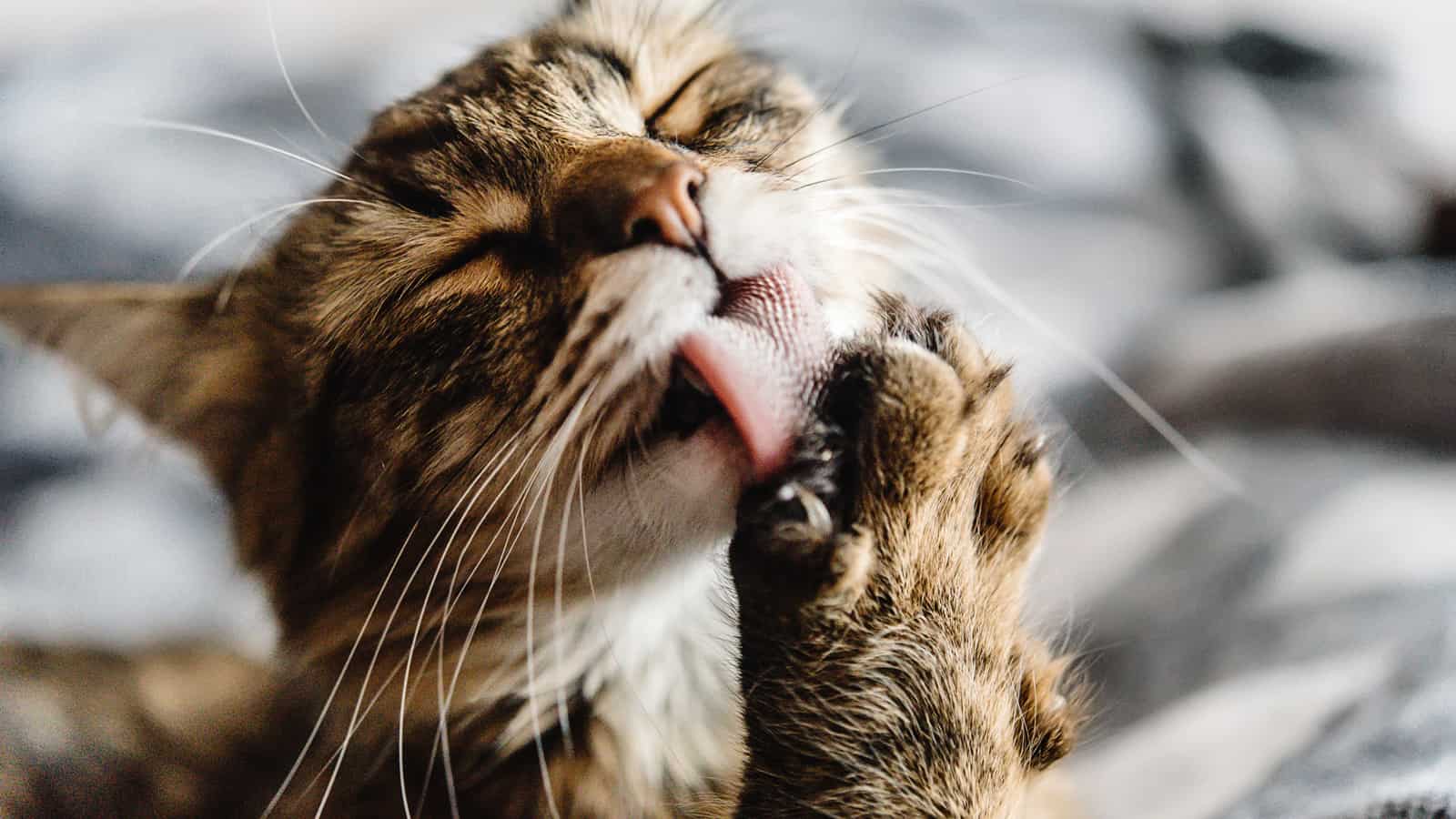
Now, let's talk about excessive grooming. When your kitten starts grooming excessively, it's not just about staying clean; it's a coping mechanism for stress or boredom. This behavior, known as psychogenic alopecia, becomes a form of stress relief for the cat.
This overgrooming can sometimes be so intense that it leads to bald patches or skin irritations. It's important to understand that this behavior is a way for your kitten to try and normalize their feelings during stressful times.
If you notice your kitten grooming obsessively, it might be trying to comfort itself from some underlying stressor. It's important to monitor these grooming patterns – if they're frequent and intense, it's time to step in.
Reducing stressors, whether minimizing loud noises or maintaining a routine, can significantly help. And sometimes, a vet visit is necessary to rule out any medical causes behind this behavior.
5. Changes in Litter Box Habits
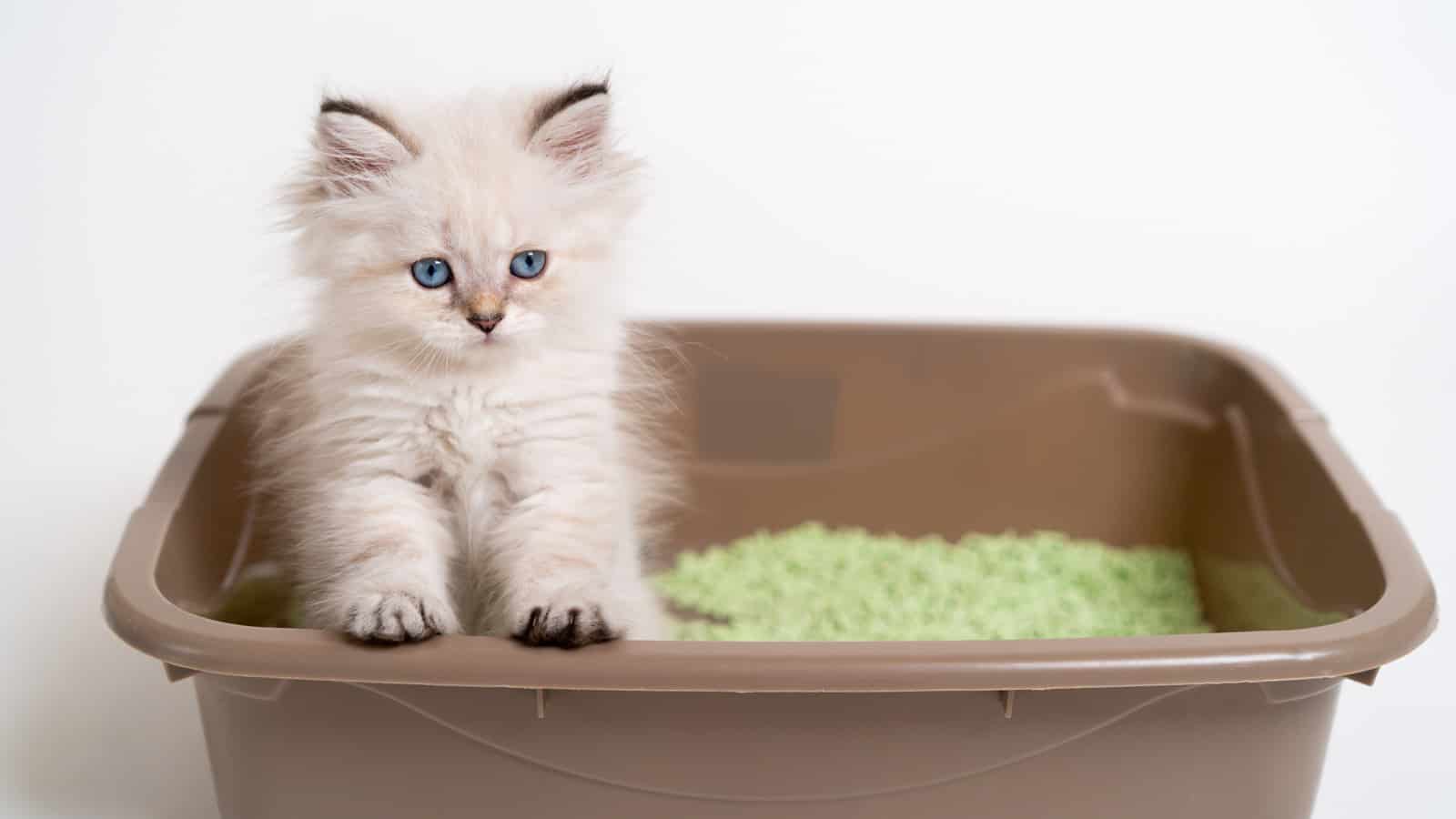
Understanding changes in a kitten's litter box habits is vital. You might notice your kitten avoiding the litter box, which can signal that something's up.
Imagine your once tidy little furball now chooses your favorite rug or a hidden corner over their usual spot. This behavior is often stress-related and it's not just about disobedience; it's their way of saying, "I'm not okay."
Check their environment - is the litter box clean, private, and easily accessible? Sometimes, it's as simple as that.
But if these changes don't help, it's wise to visit the vet. Health issues can also cause this shift, so getting professional advice is crucial for your kitten's well-being.
Keeping Your Kitten Stress-Free
And there you have it, the five big signs your kitten might be stressed. It's all about paying attention and catching these hints early. You're not just a pet owner; you're their go-to person, their protector.
Spotting these signs and acting on them? That's how you keep your furry friend happy and healthy. Simple as that.
Some elements on this page may have been created by our team using advanced AI to provide you with top-notch cat inspired ideas. Read more about our AI Content Policy.
